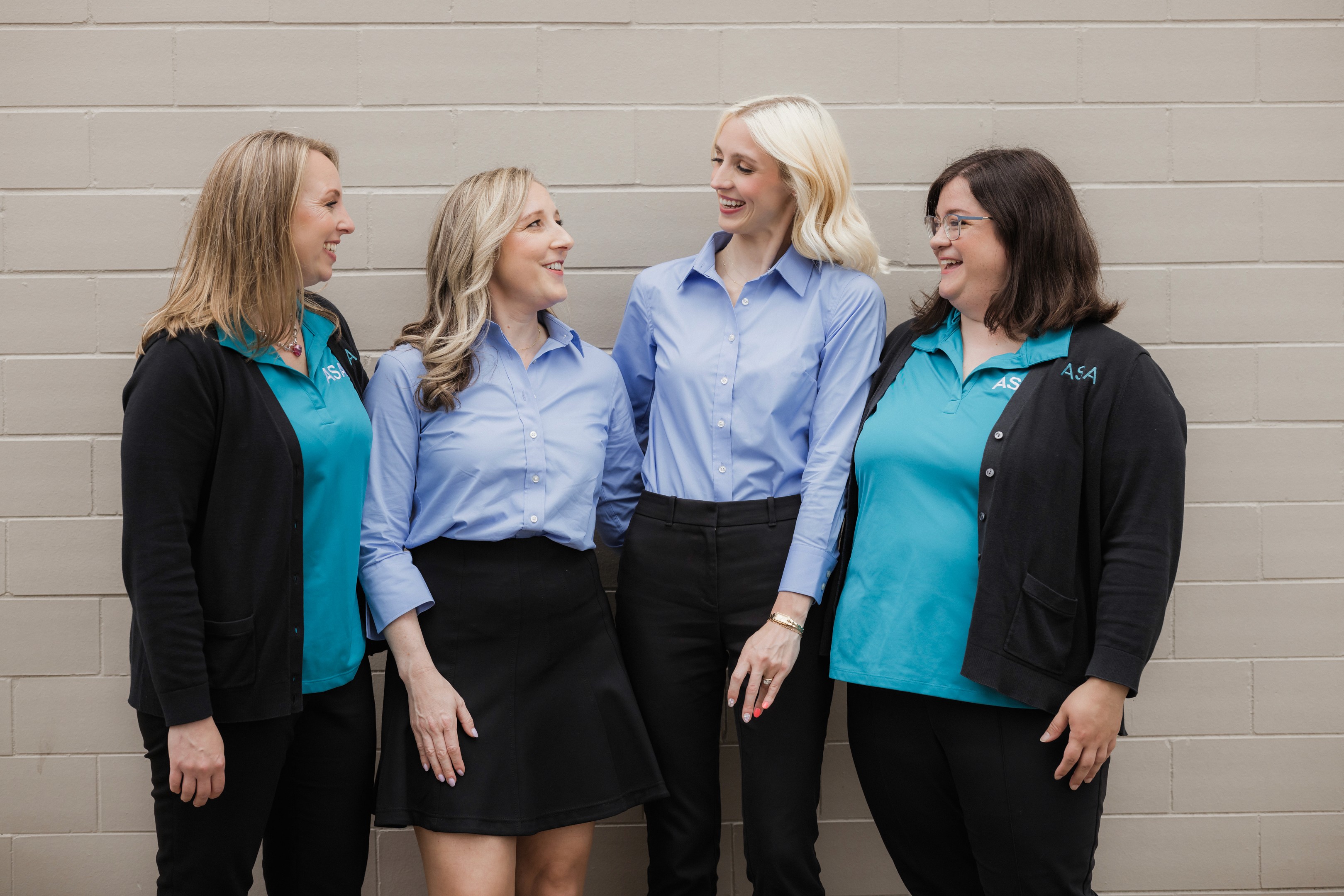Patient Resources
Our blogs are crafted to empower you with knowledge, helping you to make informed decisions about your hearing care journey.
If you have questions or need further assistance, please reach out to us. Our team is ready to provide the support you need to thrive in your hearing health journey.
Noise-induced hearing loss increasingly affecting U.S. workers
Jul 17, 2025
As we know, the workplace plays a big part in everyday life for many. For this reason, it’s more important than ever to raise awareness of noise-induced hearing loss—which, as today’s fact shows, is affecting workers on job sites across the U.S.
Noise-induced hearing loss (NIHL) occurs when excessively loud noise damages the hair cells in your inner ear and the hearing nerve. This may impact hearing immediately (if it’s sudden or impulse, like a siren or firecracker near the ear) or over time (if it’s continuous and higher volume, such as music from earbuds or noise from heavy machinery).
Excessive noise exposure can cause permanent and irreversible hearing loss. Fortunately, protecting your hearing can help prevent hearing damage from occurring in the first place, which we’ll discuss momentarily.
Let’s first explore today’s hearing fact and the industries particularly affected.
Audiograms from different industry workers evaluated
The Centers for Disease Control and Prevention (CDC) examined 1,413,789 audiograms of noise-exposed workers from different industry sectors. Among all the industries evaluated, 13% of noise-exposed workers had some level of hearing loss, with 2% of that percentage being “moderate or worse.”
Here’s how each industry fared, from highest to lowest impact:
Mining—any hearing loss, 17%; moderate or worse, 3%
Construction—any hearing loss, 16%; moderate or worse, 3%
Manufacturing—any hearing loss, 14%, moderate or worse, 2%
Public safety (police, fire protection, corrections, ambulance services)—any hearing loss, 7% (no moderate or worse reported)
From this assessment, the CDC concluded that “hearing loss prevention and early detection and intervention to avoid additional hearing loss are critical to preserve worker quality of life.”
We couldn’t agree more.
So, what can we take away from these findings? How can we ensure our hearing stays protected against noise exposure in the workplace (and anywhere else, for that matter)?

Find out if your workplace has harmful noise levels
Here are two ways you can gauge the noise situation where you work:
1. Assess your experiences in your work environment
According to the Occupational Safety and Health Administration (OSHA), your working environment may have a noise problem if:
You hear humming or ringing in your ears after work.
You must shout to be heard by a co-worker who is only an arm’s length away.
You experience temporary hearing loss after work.
If you’re experiencing any of these conditions, it’s likely your job site has a decibel level of 85 or above. And according to OSHA, if noise exposure at your workplace averages at or above 85 dB over 8 working hours (or an 8-hour time-weighted average), your employer must implement a hearing conservation program. (Learn more about hearing conservation programs here.)
2. Monitor noise levels
Awareness is everything when it comes to safer hearing. You can monitor noise levels at work or wherever you are. You can now measure sound levels in real time, wherever you are.
By using a sound level meter or smartphone app, you can take control of your hearing health. These tools provide instant feedback, letting you know when it’s time to step away or put on hearing protection.
It can also tell you directly if sound levels are OK, loud, or require hearing protection.
3. Wear hearing protection
The best way to protect your hearing from excessive noise—at work or anywhere else—is by wearing hearing protection devices. Worn in (earplugs) or on (protective earmuffs) your ears, hearing protection devices are designed to physically block sound waves from entering the ear so fewer decibels of sound can get in and potentially cause damage.
Hearing protection devices are ideal for safeguarding your hearing at the workplace, particularly if you frequently experience sudden/impulse or continuous noise. Such occurrences may be prevalent if you use power tools or work near factory machinery, construction equipment, large trucks, aircraft, and so on.
Reach out to our hearing care professional today if you believe you need to protect your hearing from noise exposure.







